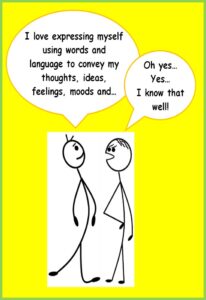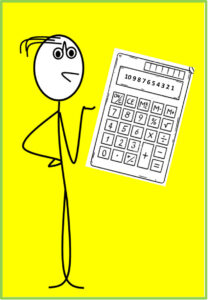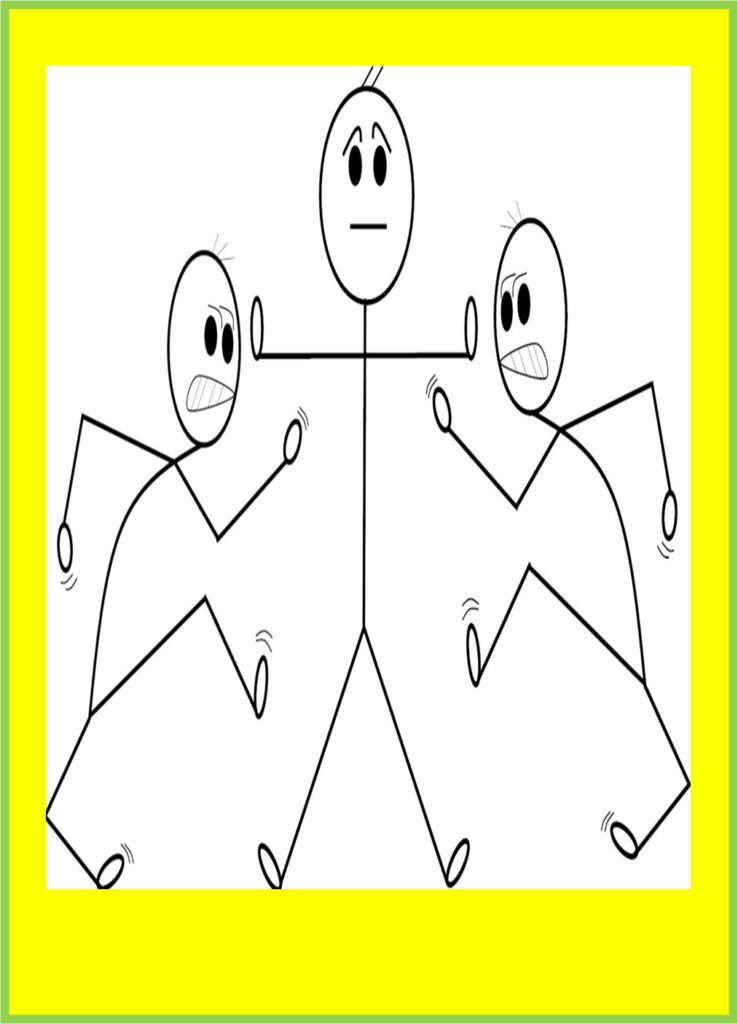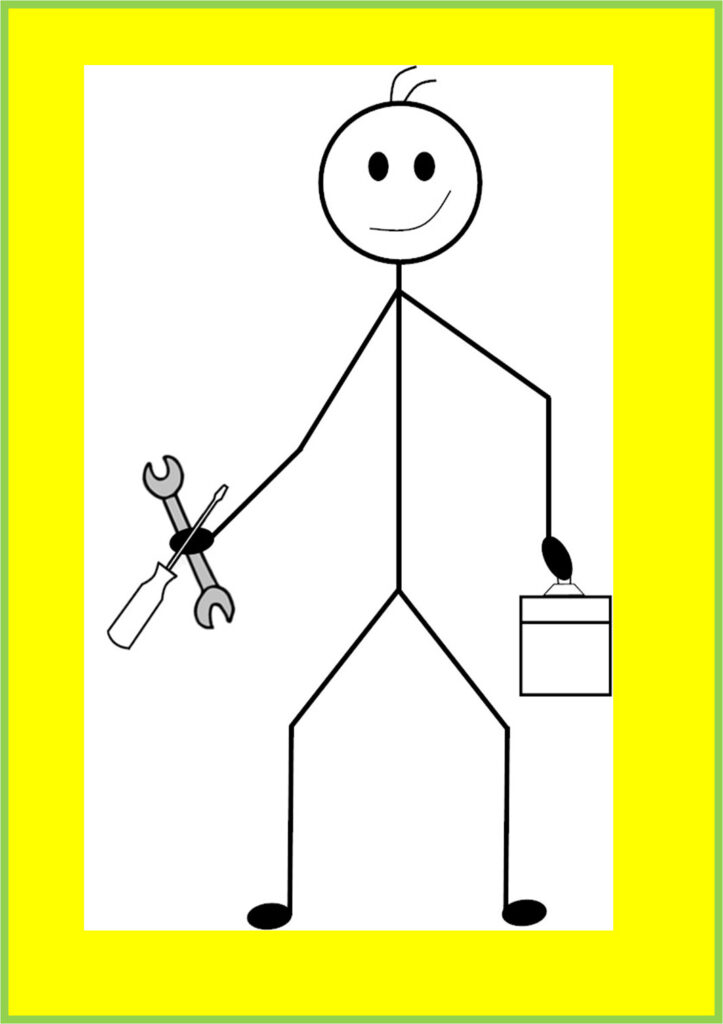Multiple Potentials
Undergirding Theoretical Framework
Effective career counselling requires the concurrent analysis of two sets of data:
- information about the person (interests, aptitudes, potentials) and
- information about the world of work (a career dictionary).
Data from a battery of tests, where each test is driven by a different theory, is difficult to reconcile. Similarly to help the individual’s exploration of the world of work, occupations need to be classified by the same categories that were used to analyse the individual’s interests and aptitudes.
Suppose for example career assessment shows that a person’s capabilities lie around mechanical reasoning, and another person’s talents are linked to the linguistic intelligence. If counselling is to continue, we need a list of occupations that require mechanical reasoning for person 1 and a list of linguistic careers for person 2. Without such a list, the process of career guidance cannot be completed.
In other words, an effective career counselling system rests on a theoretically validated framework that allows the use of identical constructs, terminology, and methods for assessment and for classification of occupations. Such a system will promote both self-discovery, as well discovery of the world of work.
Based on extensive research, and reviews of the scientific literature, the Jiva system of career guidance is based on the Multiple Potentials Framework, which is described in greater detail on this page.
The Multiple Potentials Framework
The Linguistic Potential

This potential area reflects facility with language related tasks. Some examples of Linguistic skills are:
- Fluency of language.
- Skill to use words.
- Expressive ability.
- Sensitivity to the meanings of words.
- Attractive communication
- Ability to express thoughts and emotions in written or spoken form.
- Ability for verbal reasoning.
Examples of Linguistic careers:
Journalist, Lawyer, Copywriter, Teacher, Writer, Editor
The Analytical Logical Potential

These capabilities are linked to the person’s abilities to reason, comprehend data and draw conclusions. Some examples of Analytical Logical skills are:
- Reasoning skills.
- Application of logic.
- Making quick and accurate calculations.
- Analytical skills.
- Planning and strategizing
- Understanding cause-effect relationships.
Examples of Analytical Logical careers:
Accountant, Scientist, Researcher, Actuary, Banker.
The Spatial
Potential

People with this ability are those who are able to engage with design, art and craft effectively. Some examples of Spatial skills are:
- Skills for visualisation.
- Keen observation.
- Vivid imagination.
- Transforming observations and visualizations into realities.
- Working with colours.
- Creating designs.
- Manipulating 2 and 3 dimensional spaces.
Examples of Spatial careers:
Architect, Commercial Artist, Graphic Designer, Film Maker, all types of designers.
The Personal Potential

These are people who understand other people. Some examples of Personal skills are:
- Sensitivity to the moods and feelings of others.
- Ability to help others.
- Ability to manage groups of people.
- Ability to inspire confidence and lead others.
- Ability to manage own feelings and emotions.
Examples of Personal careers:
Psychologist, Social Worker, Medical Doctor, Nurse, Hospitality Industry Specialists, Human Resource Manager.
The Physical Mechanical Potential

These are people who are good with their own bodies and with mechanics. Some examples of Physical Mechanical skills are:
- Fluency of movement.
- Control over muscles of the body.
- Fine motor skills.
- Strength and stamina.
- Mechanical reasoning.
- Working with tools, equipment and machines.
Examples of careers related to Physical Mechanical skills:
Protection services, Sportsperson, branches of Engineering such as Mechanical and Civil, Performing Artistes, Technicians, Pilots.
